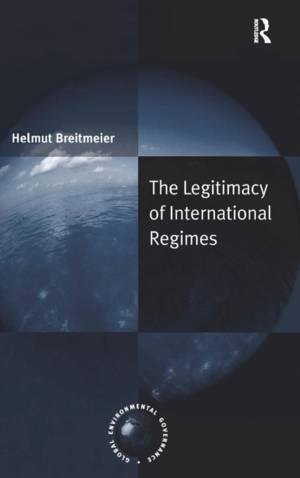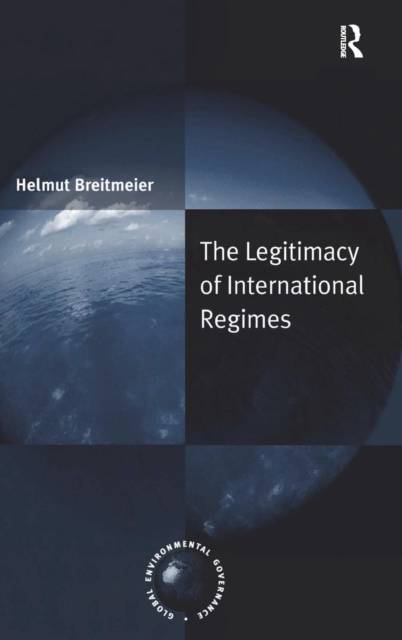
- Afhalen na 1 uur in een winkel met voorraad
- Gratis thuislevering in België vanaf € 30
- Ruim aanbod met 7 miljoen producten
- Afhalen na 1 uur in een winkel met voorraad
- Gratis thuislevering in België vanaf € 30
- Ruim aanbod met 7 miljoen producten
Zoeken
Omschrijving
How legitimate are outcomes, outputs and impacts of global environmental regimes? Can non-state actors contribute to improve the output- and input-oriented legitimacy of global environmental governance? Helmut Breitmeier responds to these questions, balancing the volume with both theoretical and empirical chapters. The theoretical and conceptual chapters illustrate the relevance and meaning of legitimacy as well as the impact of non-state actors on environmental governance. They also describe various methodological issues involved with the coding of 23 environmental regimes. The empirical chapters are based on the findings of the International Regimes Database (IRD). They explore whether problem-solving in international regimes is effective and equitable and the influence of a regime's contribution to how states comply with international norms. These chapters also analyze whether non-state actors can improve the output- and input-oriented legitimacy of global governance systems.
Specificaties
Betrokkenen
- Auteur(s):
- Uitgeverij:
Inhoud
- Aantal bladzijden:
- 242
- Taal:
- Engels
- Reeks:
Eigenschappen
- Productcode (EAN):
- 9780754644118
- Verschijningsdatum:
- 28/11/2008
- Uitvoering:
- Hardcover
- Formaat:
- Genaaid
- Afmetingen:
- 156 mm x 234 mm
- Gewicht:
- 517 g

Alleen bij Standaard Boekhandel
+ 580 punten op je klantenkaart van Standaard Boekhandel
Beoordelingen
We publiceren alleen reviews die voldoen aan de voorwaarden voor reviews. Bekijk onze voorwaarden voor reviews.











